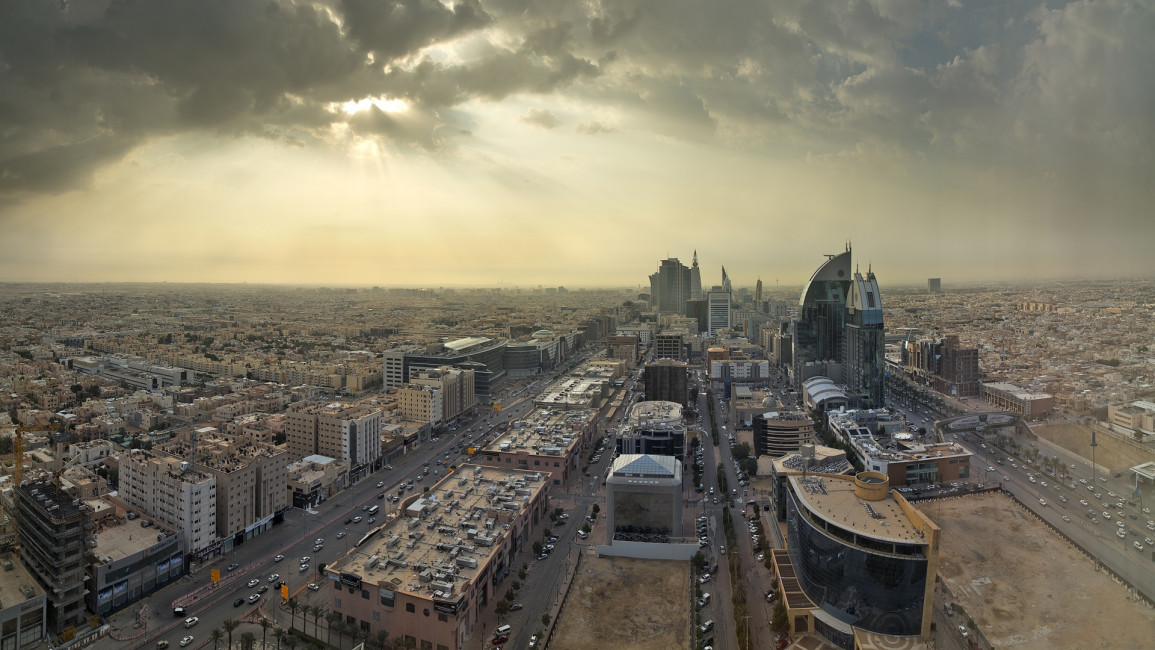Saudi Arabia predicts increased budget deficit amid tumbling oil prices
Saudi Arabia said on Thursday that it expects its budget deficit to widen next year to 187 billion riyals ($49.86 billion), projecting a shortfall for the seventh year in a row amid low oil prices.
That marks a substantial increase from a projected budget deficit of 131 billion riyals ($35 billion) for this year, Finance Minister Mohammed al-Jadaan said in a statement ahead of a final budget announcement in December.
"It is projected that expenditure will reach 1,020 billion riyals in 2020, focusing on improving the efficiency of spending without any disruption to diversification and transformation plans," the statement said.
"Revenues are projected to reach about 833 billion riyals in 2020, while the budget deficit is projected reach about 6.5 percent of GDP."
The world's top crude oil exporter has posted a budget deficit since 2014, when a crash in oil prices shrank Saudi Arabia's revenues.
Prices have partially recovered since then, but in the face of persistent budget deficits the OPEC nation has introduced a raft of reforms to diversify its economy away from oil.
Read more: Fickle investors forgive and forget at Saudi ‘Davos in the Desert’
The kingdom has increased the prices of fuels and electricity, imposed a five percent value added tax (VAT) and levied duties on 11 million expatriates in a bid to generate additional revenue.
Earlier this month the International Monetary Fund sharply downgraded growth projections for Saudi Arabia, citing low oil prices among other factors.
The forecast for Saudi Arabia, the region's largest economy, was cut to just 0.2 percent for 2019, a substantial 1.6 percentage points lower than April's projections.
The outlook is the worst since 2017 when the kingdom's economy contracted by 0.7 percent.
But the IMF raised its Saudi growth forecast for next year to 2.2 percent, slightly above April's projections, on expectations that the non-oil sectors will strengthen following subsidy reforms.
Fitch Ratings in September downgraded Saudi Arabia's credit rating by one notch after devastating attacks on key oil facilities that knocked out half its production -- a strike that has been blamed on Iran.
Yemen's Iran-backed Houthi rebels claimed responsibility for the attacks while Iran denied any involvement.
Follow us on Twitter: @The_NewArab



